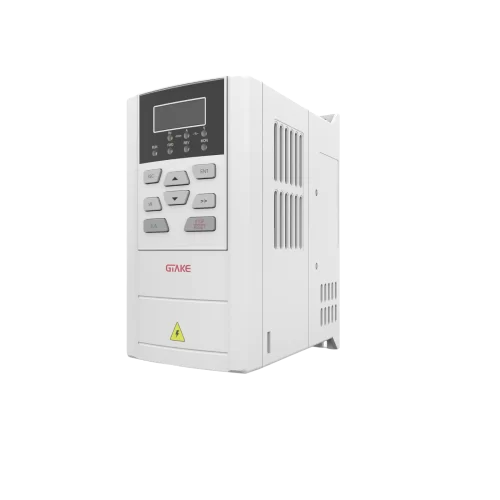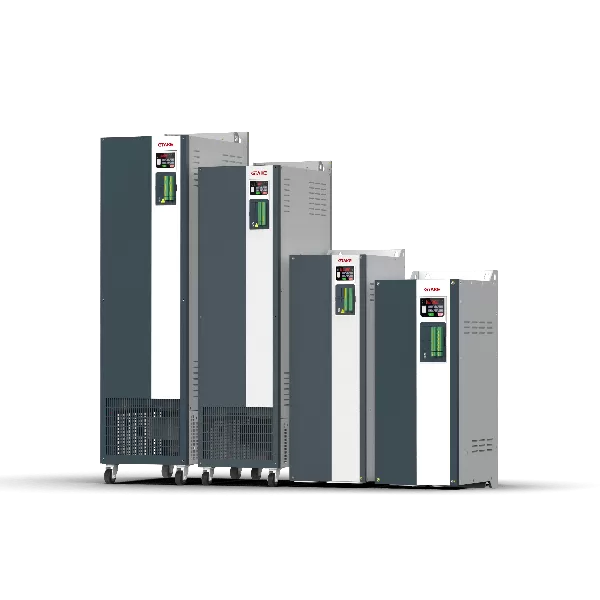The petrochemical industry depends heavily on pumps, compressors, and fans that are powered by electric motors. For these systems to work efficiently and reliably, motor speed and energy usage must be managed carefully. This is where Variable Frequency Drives (VFDs), also known as AC drives, play a critical role. They help optimize motor performance, reduce energy consumption, and protect valuable equipment, making them indispensable in modern petrochemical operations.
Basics of VFD and Motor Control
To understand the importance of VFDs, it is useful to know how they work. A VFD controls the speed and torque of an electric motor by adjusting the frequency and voltage of the power supplied. Unlike traditional fixed-speed motors that run at full speed regardless of demand, VFDs allow motors to operate at the exact speed needed for the process. This flexibility is especially valuable in petrochemical applications, where conditions such as flow, pressure, and load often change.
By improving motor speed control, VFDs provide more efficient use of energy and reduce unnecessary strain on equipment.

Energy Efficiency and Cost Savings
One of the main advantages of VFDs in the petrochemical industry is energy efficiency. Many pumps and fans in plants are centrifugal loads, which means their energy use rises sharply with speed. Running them at full speed all the time wastes a large amount of electricity.
With a VFD, operators can reduce motor speed to match the required flow or pressure. For example, even a 20% reduction in speed can cut energy use by up to 50%. Over time, this results in substantial cost savings, often paying back the initial investment in a short period. In addition, VFDs help reduce peak demand charges by ramping up motors gradually instead of starting them at full load, lowering the impact on the electrical grid.
Process Control and Flexibility
Beyond energy savings, VFDs also enhance process control. In petrochemical plants, precision is critical for maintaining product quality and operational stability. VFDs allow fine adjustments of flow rates, pressure, and motor torque to match process requirements.
This capability minimizes waste, reduces variations, and improves overall efficiency. For example, in a pumping system, operators can precisely regulate the flow without relying on mechanical valves or dampers, which are less efficient and harder to control. The flexibility of VFDs ensures that operations can adapt quickly to changing demands in production.
Reliability and Equipment Protection
Equipment reliability is another reason why VFDs are widely used in the petrochemical industry. Traditional direct-on-line motor starting creates high inrush currents and mechanical shocks, which increase wear on pumps, compressors, and gear systems. VFDs, by contrast, provide soft start and stop functions, reducing stress on mechanical components and extending their service life.
Additionally, most modern VFDs come with built-in protection features, such as monitoring motor current, detecting overloads, and preventing overheating. This reduces unplanned downtime and makes predictive maintenance easier. By collecting operating data, plant operators can identify potential issues before they become critical failures.
Applications of VFDs in Petrochemical Operations
VFDs are used across many applications in the petrochemical industry:
- Pumps: VFDs regulate flow and pressure to match system demand, improving energy efficiency while ensuring stable output.
- Compressors: By controlling motor speed, VFDs maintain consistent pressure levels and prevent energy loss in gas compression systems.
- Fans and Blowers: VFDs optimize airflow in ventilation and cooling systems, reducing noise and energy consumption.
These applications highlight how VFDs support the entire production chain, from raw material handling to refining and distribution.

Environmental and Safety Benefits
The petrochemical industry faces increasing pressure to improve sustainability and reduce emissions. VFDs contribute directly to these goals by lowering power consumption and, therefore, cutting greenhouse gas emissions.
At the same time, smoother motor control enhances operational safety. By preventing sudden starts and stops, VFDs reduce the risk of accidents caused by mechanical failures or process instability. This dual role—environmental responsibility and worker safety—makes VFDs an important part of sustainable petrochemical operations.
Conclusion
In the petrochemical industry, variable frequency drives are far more than optional add-ons; they are essential tools for achieving efficient, reliable, and safe operations. By improving energy efficiency, enhancing process control, protecting valuable equipment, and supporting environmental compliance, VFDs deliver both immediate and long-term benefits.
As the demand for smarter and cleaner energy use grows, choosing the right VFD solutions will remain a top priority for petrochemical plants worldwide.
At GTAKE, we specialize in advanced motor control and clean energy solutions, including high-performance VFDs designed for demanding industries such as petrochemicals. If you are looking for a trusted frequency inverter manufacturer to help optimize your operations, GTAKE provides reliable products and technical expertise to meet your needs.
